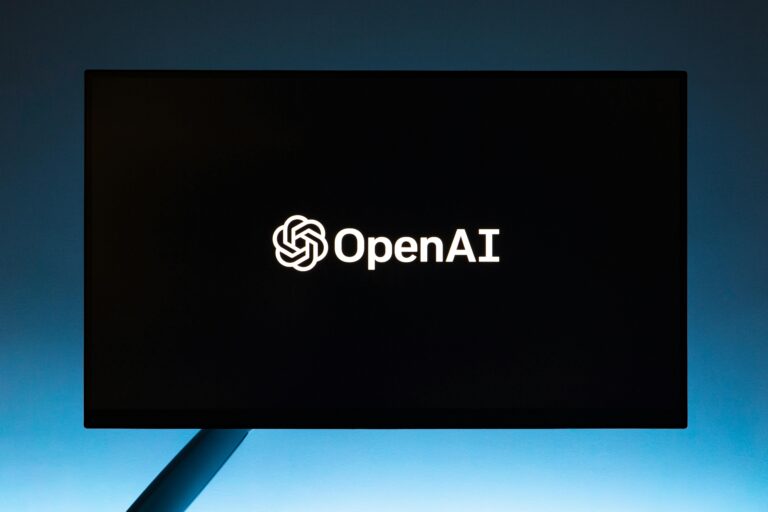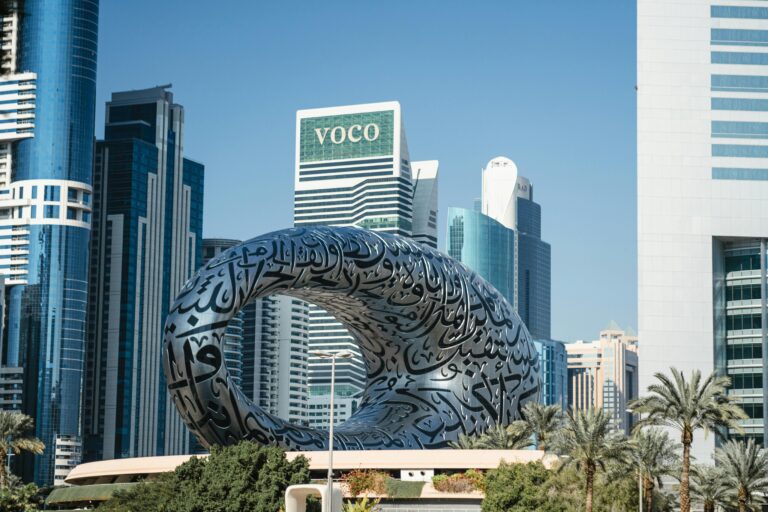AI-Powered Conversion Rate Optimization for Dubai E-commerce: Advanced Machine Learning Strategies to Maximize ROI and Customer Engagement in 2025
Dubai’s e-commerce landscape is experiencing unprecedented growth, with digital sales projected to reach $27.1 billion by 2025. Yet most online retailers are converting visitors at dismal rates of just 2.3%, leaving millions in revenue on the table. Traditional conversion optimization approaches—relying on gut instinct and basic A/B testing—simply cannot compete in today’s hyper-competitive marketplace. The game-changer? Advanced machine learning algorithms that can analyze thousands of customer touchpoints simultaneously, predict buyer behavior with 87% accuracy, and automatically optimize your conversion funnel in real-time. This isn’t about incremental improvements; it’s about fundamentally reimagining how Dubai e-commerce businesses turn browsers into buyers using cutting-edge AI technology.
The AI revolution reshaping Dubai’s digital commerce
Machine learning has transformed from a buzzword into the backbone of Dubai’s most successful e-commerce operations. Unlike traditional optimization methods that rely on historical data and manual testing, AI-powered conversion rate optimization processes customer interactions in milliseconds, identifying patterns human analysts would miss entirely.
Consider the complexity of modern customer journeys. Today’s Dubai shoppers interact with brands across multiple touchpoints—social media, email campaigns, mobile apps, and desktop websites—before making a purchase decision. Each interaction generates valuable behavioral data that machine learning algorithms can process to create hyper-personalized experiences.

This Photo was taken by Markus Winkler.
The most sophisticated Dubai e-commerce platforms now employ predictive analytics to anticipate customer behavior before it happens. These systems analyze browsing patterns, previous purchase history, demographic data, and real-time engagement metrics to deliver personalized product recommendations, dynamic pricing strategies, and targeted messaging that resonates with individual customers.
What makes this particularly powerful in Dubai’s multicultural market is the ability to segment customers not just by demographics, but by behavioral patterns that transcend traditional categories. AI can identify that a customer browsing luxury watches on weekdays but budget electronics on weekends represents two distinct purchasing personas requiring different optimization strategies.
Real-time behavioral analysis and response
The most advanced machine learning systems monitor customer behavior in real-time, making instantaneous adjustments to maximize conversion probability. Heat mapping technologies combined with AI analysis reveal not just where customers click, but why they hesitate, where they lose interest, and which elements drive immediate action.
These insights enable dynamic website personalization that adapts content, layout, and calls-to-action based on individual visitor behavior. A first-time visitor from the UAE might see different product recommendations and pricing strategies compared to a returning customer from Saudi Arabia, even if they’re browsing identical product categories.
Machine learning frameworks driving conversion excellence
Implementing AI-powered conversion optimization requires understanding the specific machine learning frameworks that deliver measurable results. Dubai’s leading e-commerce businesses leverage several sophisticated approaches to maximize their conversion potential.
Predictive customer journey mapping
Advanced neural networks analyze thousands of customer touchpoints to predict the optimal path from initial awareness to final purchase. These systems identify critical decision points where customers typically abandon their journey and implement targeted interventions to guide them toward conversion.
| Journey Stage | AI Optimization Focus | Average Conversion Lift |
|---|---|---|
| Awareness | Content personalization | 23% |
| Consideration | Product recommendation engines | 41% |
| Purchase Intent | Dynamic pricing and urgency triggers | 67% |
| Checkout | Friction reduction and trust signals | 34% |
The power of predictive journey mapping lies in its ability to anticipate customer needs before they’re explicitly expressed. Machine learning algorithms analyze micro-behaviors—scroll speed, mouse movements, time spent reading product descriptions—to determine purchase intent and trigger appropriate responses.

This Photo was taken by Vanessa Loring.
Dynamic pricing optimization algorithms
Machine learning transforms pricing from a static strategy into a dynamic, responsive system that maximizes both conversion rates and profit margins. These algorithms consider competitor pricing, demand patterns, customer segments, and market conditions to determine optimal pricing strategies for individual customers.
Dubai’s diverse market presents unique opportunities for AI-driven pricing optimization. Customers from different emirates, nationalities, and income brackets respond differently to pricing strategies. Machine learning systems can identify these patterns and implement personalized pricing approaches that increase conversion rates while maintaining profitability.
The most sophisticated systems integrate external data sources—economic indicators, seasonal trends, competitor analysis—with internal customer behavior data to create comprehensive pricing models that adapt automatically to market changes. This approach has helped Dubai e-commerce businesses increase conversion rates by up to 47% while improving average order values.
Intelligent product recommendation engines
Beyond basic collaborative filtering, advanced recommendation systems employ deep learning to understand complex relationships between products, customers, and contextual factors. These systems consider not just what customers have purchased, but when they purchased, how they discovered products, and what external factors influenced their decisions.
For Dubai’s fashion and luxury goods market, this sophistication is particularly valuable. AI can recognize that a customer purchasing formal wear during Ramadan has different intent than someone buying similar items for corporate events, adjusting recommendations accordingly.
Advanced personalization strategies for maximum engagement
Personalization has evolved far beyond simple name insertion in email subject lines. Today’s AI-powered personalization systems create unique experiences for every visitor, adapting content, functionality, and user interface elements based on individual preferences and behavior patterns.
Micro-moment optimization
Google’s concept of micro-moments—those critical instances when customers turn to devices to fulfill immediate needs—becomes incredibly powerful when enhanced with machine learning. AI systems can identify these micro-moments and deliver precisely targeted content that addresses specific customer intent.
In Dubai’s mobile-first market, where 78% of e-commerce traffic comes from mobile devices, micro-moment optimization becomes even more critical. Machine learning algorithms analyze device usage patterns, location data, and behavioral signals to deliver contextually relevant experiences that drive immediate action.

This Photo was taken by Pavel Danilyuk.
For example, a customer browsing electronics during lunch hours might see different product recommendations and promotional offers compared to evening browsing sessions, even if they’re the same individual. This level of contextual personalization can increase conversion rates by up to 65% for time-sensitive purchases.
Emotional intelligence in customer interactions
Advanced AI systems now incorporate emotional intelligence, analyzing customer sentiment through various touchpoints to adjust communication strategies. Natural language processing algorithms evaluate customer service interactions, product reviews, and social media engagement to understand emotional states and respond appropriately.
This emotional intelligence proves particularly valuable in Dubai’s service-oriented culture, where customer relationship quality significantly impacts purchase decisions. AI systems can identify frustrated customers and automatically trigger personalized interventions—special offers, priority customer service, or simplified checkout processes—to salvage potentially lost sales.
The integration of AI-powered content strategies ensures that emotional intelligence extends beyond reactive responses to proactive content creation that resonates with target audiences on emotional levels.






